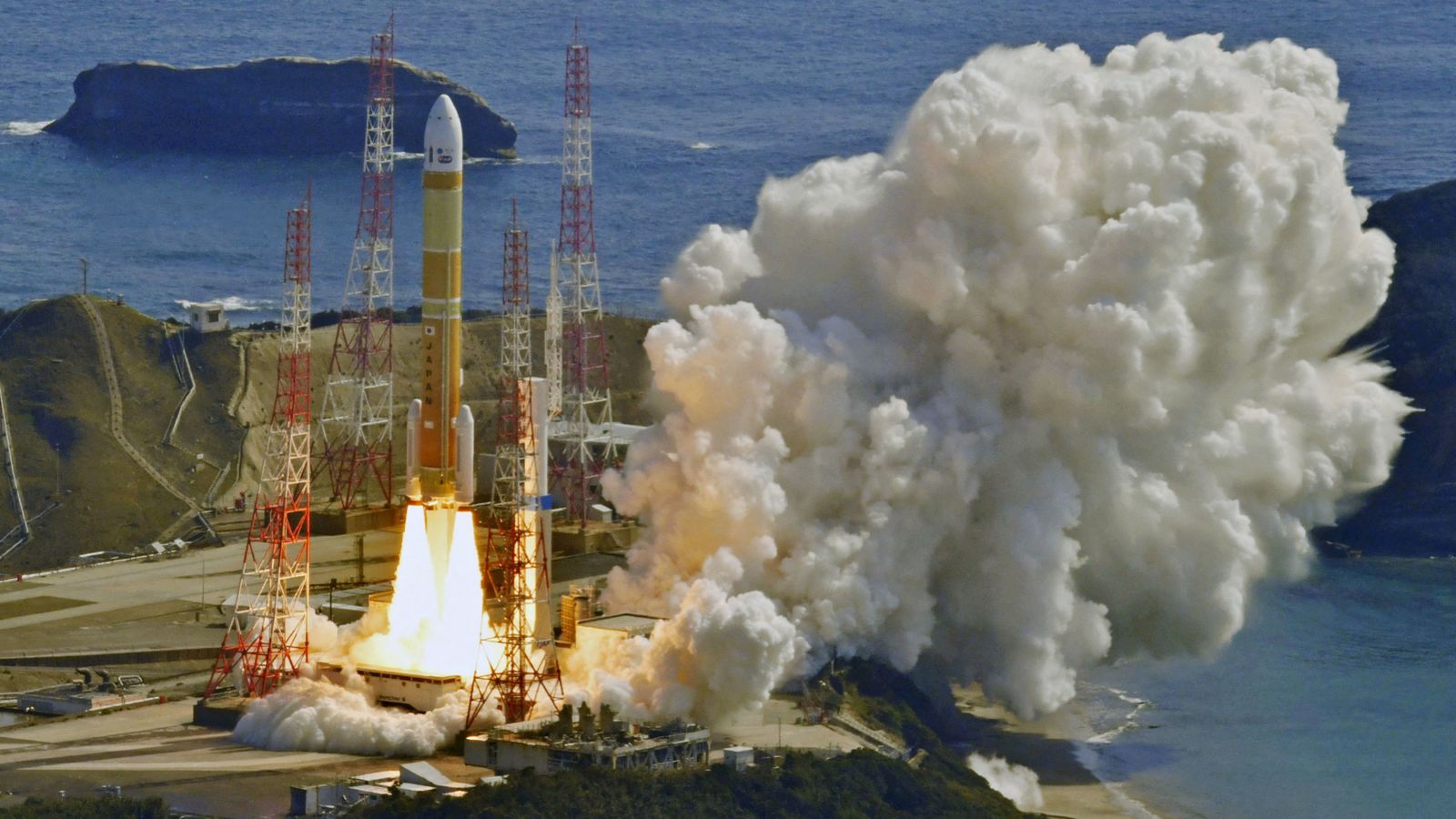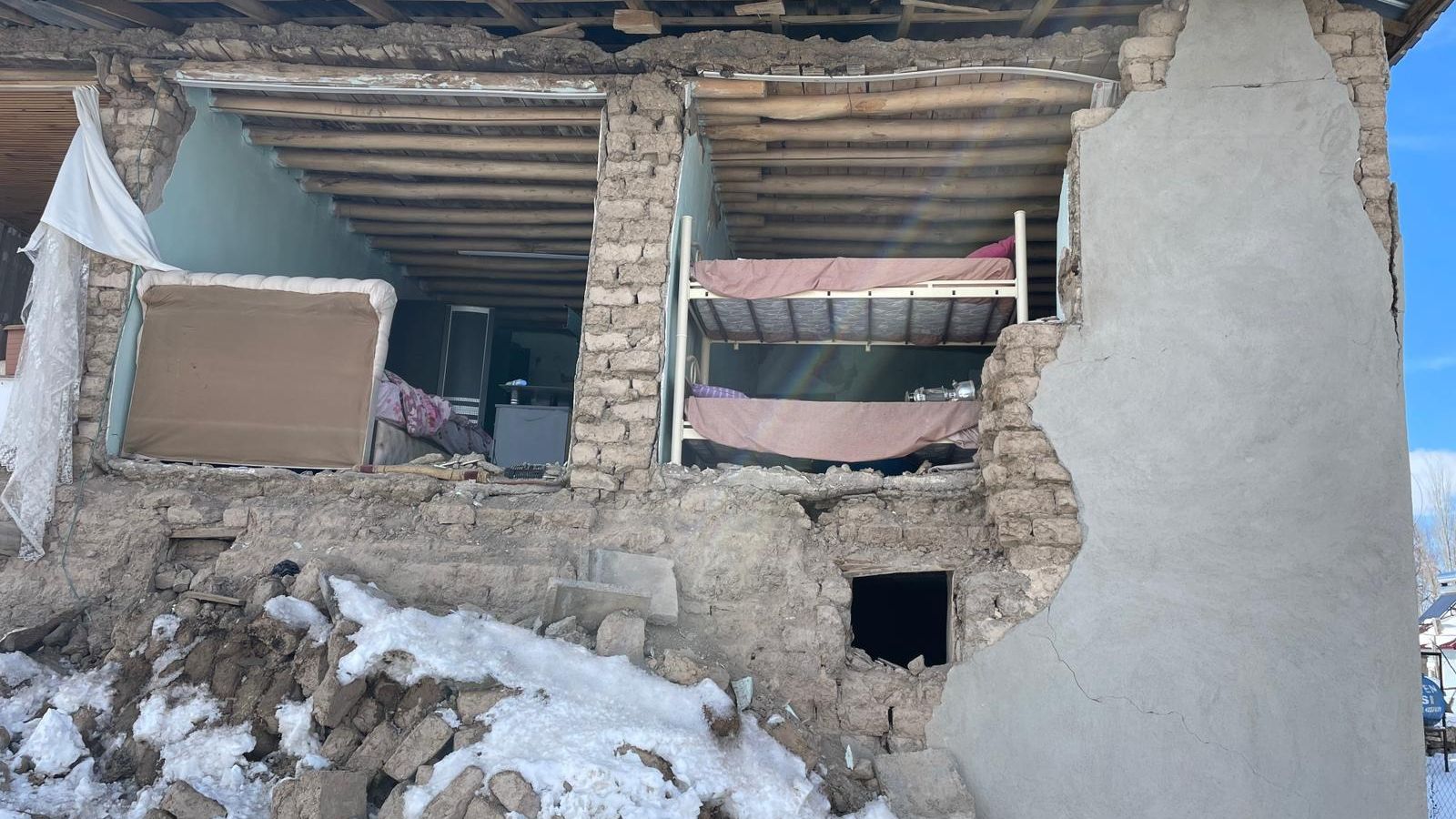Japan’s space agency was forced to destroy a new rocket just moments after its launch.
The Japan Aerospace Exploration Agency (JAXA) had to send a self-destruct command to its H3 rocket 14 minutes into the flight after the ignition for the second stage of its launch failed.
It comes just three weeks after the country’s space programme had to abort a launch at the Tanegashima Space Centre in southern Japan because of a separate glitch.
Officials are investigating the cause of Tuesday’s failure, and are expected to release their early findings later.
“It was decided the rocket could not complete its mission, so the destruct command was sent,” JAXA said in a statement.
Japan’s Science and Technology Minister Keiko Nagaoka said the government had established a task force to investigate the “very regrettable” failure.
“This will have a serious impact on Japan’s future space policy, space business and technological competitiveness,” said Hirotaka Watanabe, a professor at Osaka University with expertise in space policy.
The H3 rocket is Japan’s first new series in more than 22 years and cost £1.22 billion (200 billion yen) to develop.
It was developed by JAXA and Mitsubishi Heavy Industries as a successor to Japan’s H-2A rocket, which is due to retire after its upcoming 50th launch.
However, the rocket’s development has been marred by difficulties. Its launch was delayed for more than two years because of a development glitch.
The cost of launching the rocket had also been cut in half to around £307,000 (50 million yen) by simplifying its design, manufacturing and operation.
Read more:
NASA finds evidence of lakes in unexpected region of Mars
The investigation into one of history’s worst space tragedies
The 60-metre long rocket was carrying an Advanced Land Observation Satellite, which primarily observes Earth and collects data for disaster response and map making.
It also contained an experimental infrared sensor developed by Japan’s Defence Ministry that can monitor military activity, including missile launches.
The failure is a significant setback for Japan’s space programme as it faces increasing competition from rivals in the business including Elon Musk‘s SpaceX and the French company Arianespace.






